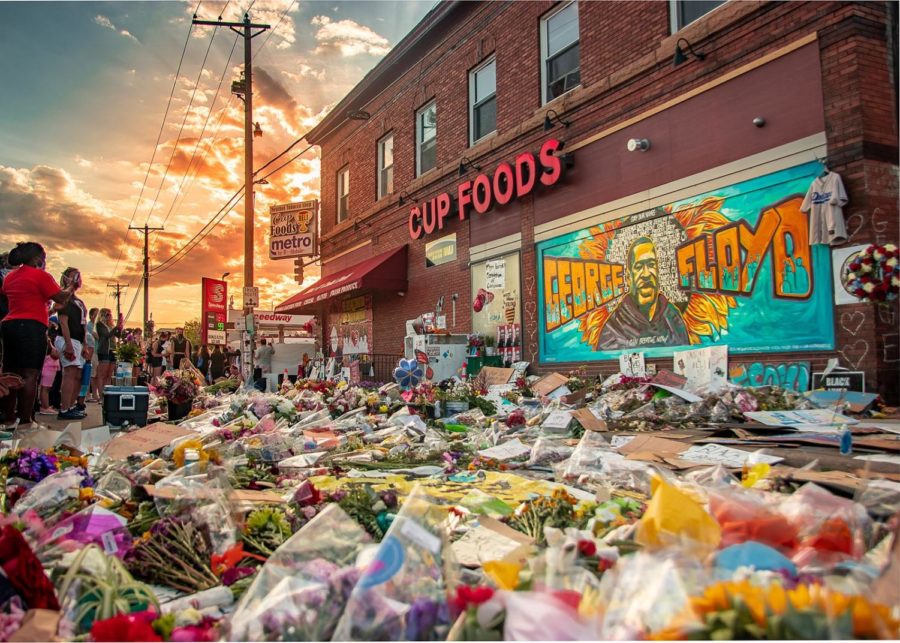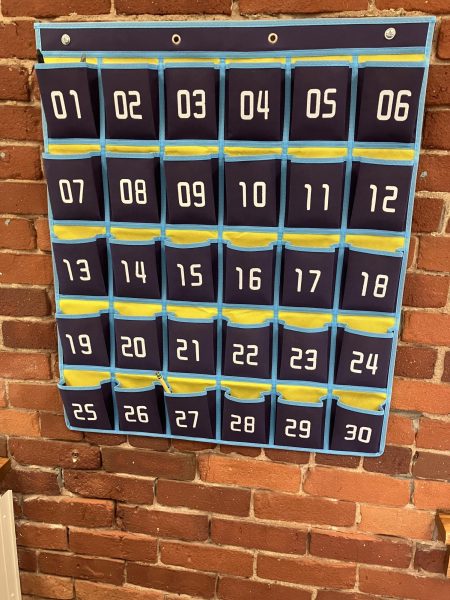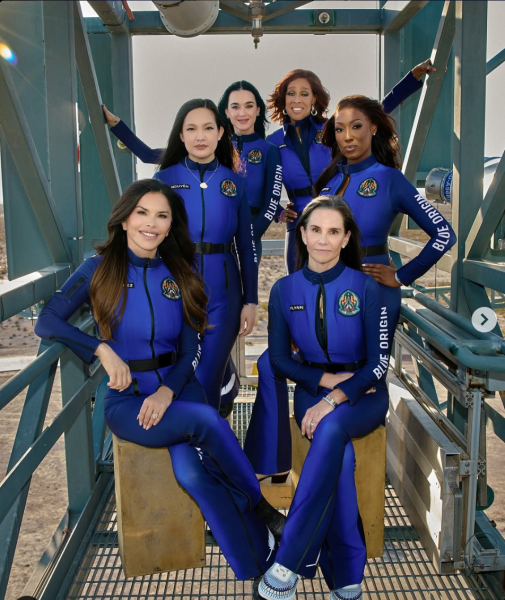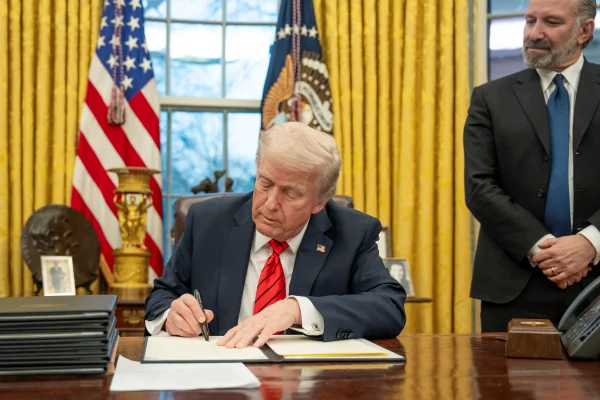Police Officer Found Guilty for Murder of George Floyd
Derek Chauvin, a former Minneapolis police officer, has been found guilty for the murder of George Floyd, a 46-year-old Black man whose death sparked the Black Lives Matter movement last spring.
Emotional testimonies were heard in the courtroom from witnesses who attested to watching Chauvin kneel on Floyd’s neck for over nine minutes. Chauvin was charged with second-degree murder, third-degree murder, and second-degree manslaughter, and found guilty on all three charges.
During his witness testimony, one of the senior officers in the Minneapolis Police Department said the kneeling was “unnecessary” and “uncalled for,” according to ABC News. The trial, which started on Monday, March 29, ended with the guilty verdict on April 20.
On May 25, 2020, Floyd was approached by four policemen, one of them Chauvin, after allegedly handing over a counterfeit $20 dollar bill to a clerk at a convenience store, Cup Foods. After resisting being put into a squad car, Floyd was forced face down onto the pavement with Chauvin’s knee pressed against the back of his neck. Chauvin pinned Floyd down for nine minutes and 29 seconds.
Chauvin did not remove his knee, even after Floyd repeated “I can’t breathe.”
The attack was recorded by Darnella Frazier and uploaded to the internet, which then sparked nationwide outrage. Protests condemning police brutality and demanding police reform surged throughout the entire country. The protests were some of the biggest demonstrations in history, with between 15-26 million people attending.
The defense claimed that the act of kneeling on Floyd’s neck was “not attractive, but … a necessary component of policing.” According to The New York Times, Chauvin’s defense lawyer, Eric Nelson, made the argument that Chauvin “did exactly what he had been trained to do over the course of his 19-year-career.”
However, the prosecution claimed that the altercation was unnecessary. According to The Guardian, the prosecution lawyer, Jerry Blackwell, stated that there was no reason to use force. “What was this all about in the first place? It was all about a counterfeit $20 bill at a convenience store … They [police] could have written him a ticket. Even if he did it on purpose it’s a minor offense.”
Asked before the verdict was read, Laura Vachet, Director of Academic Support at Williston, believed Chauvin should be convicted.
“I feel like it was deadly force used in a situation that absolutely did not warrant that level of response,” she said.
Jenna Perry, a senior at Williston, also thought Chauvin should be convicted. “There’s video evidence showing that he knew what he was doing.”
Witness testimonies were the focal point of the trial.
Officer Nicole Mackenzie, the Medical Support Coordinator for the Minneapolis Police Department, testified that a person may still be able to talk even when their breathing is cut off. She also acknowledged Nelson’s argument that the surrounding crowd during the time Chauvin was kneeling on Floyd may have made it difficult to focus on police protocol.
Sgt. Jody Stiger, a use-of-force expert at the Los Angeles Police Department, condemned Chauvin’s actions. “My opinion was that the force was excessive,” Stiger said.
Chauvin could face up to 40 years in prison. Sentencing will be held June 16.












